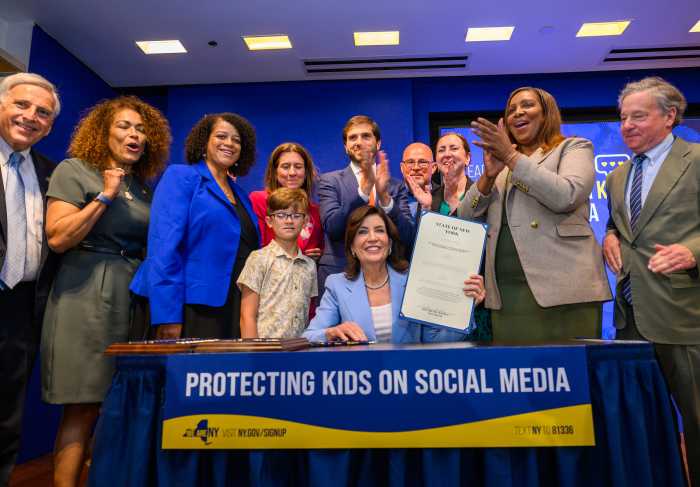This year, my younger daughter’s 14th birthday is the day after Christmas. Obviously, her 13 other birthdays have also been the day after Christmas, so each year she faces the same emotional burden of this unfortunate timing. I understand her dilemma, wanting her birthday to be special, to feel celebrated and honored, but the occasion often gets lost or diluted in the larger holiday cocktail surrounding her day.
So how do I help her face this annual disappointment while still making it clear that there are things in life you just can’t change? Through my adult eyes, the answer seems clear, she just has to get over it, learn to accept the immutable facts. But if I try saying this, well, it never helps the situation, instead bringing on tears and accusations that I don’t care or don’t understand. This is my dilemma, I want to do something to help ease her regret but I’ve finally realized there’s no way I can make her accept this reality of life — whether we call it Boxing Day, or Dec. 26, her birthday is never going to move somewhere else on the calendar.
Oh, I’ve tried different strategies. When she was little, we would have her parties before or after school vacation just to get friends through the door. Let’s face it, a birthday celebration the day after Santa’s visit is as exciting as having a fruitcake with candles on it. We didn’t go overboard, but I suspect we put more into those parties than we did for her sister, who has an easy and practical March birthday.
We’ve used the vacation to go on special birthday trips but no matter where we are, she’s stuck with a small crowd, a fancy dessert with lots of whipped cream and a slice of cake with a candle on it.
I’ve suggested that my girl gets a good deal, though she doesn’t see it that way. She receives an attentive family observance each Dec. 26 and ANOTHER party with friends a couple of weeks before or after.
But logic has nothing to do with this. She’s convinced she often gets short shrift on presents, receiving combined birthday/Christmas packages from aunts and uncles, rather than separate gifts. She receives an entire year’s offerings within a week, then 357 days of nothing. More importantly, she never gets that hoped-for moment in the emotional spotlight on HER day. I thought this would get easier with age and perspective. Not so much.
We all have things about ourselves and our lives that we don’t like. My wife is short. I’m short AND bald. Some people hate their noses, others their towns. Kids, especially, have little control over the big issues in their lives. But teaching acceptance feels impossible. I want to believe as a parent I can teach my kids any life lesson. In reality, there are things they have to learn for themselves.
Acceptance is one of those things, something that hopefully comes with age. With a birthday in the midst of the holiday season, I can encourage my daughter to be grateful for what she has and what she receives. She is lucky to garner presents at all, fortunate for parties and blessed to have people around who love her and gladly sing happy birthday, even if it is two weeks late. If she can just set aside the disappointment over things not being the way she wants them, it’s a wonderful life. But I can’t do this for her. As clear as the situation seems to me, I am powerless to make her see things in a different way. As much as I want her to get over her sadness and move on, she’s going to have to figure this out for herself.
So this year, as I put together her birthday celebrations — the small family one and the bigger one for friends — I’m going to listen to her complaints, acknowledge her feelings, set aside my need to act and intervene and let her emotions run their course. If she’s able to appreciate having friends and family to share the occasion with and feel a little less burdened by the unchangeable facts of her life, that would be the best birthday gift of all.
























